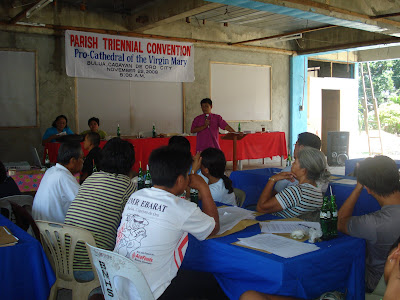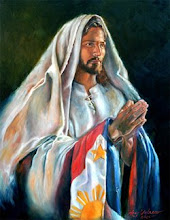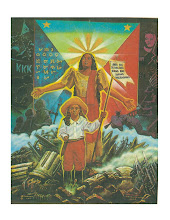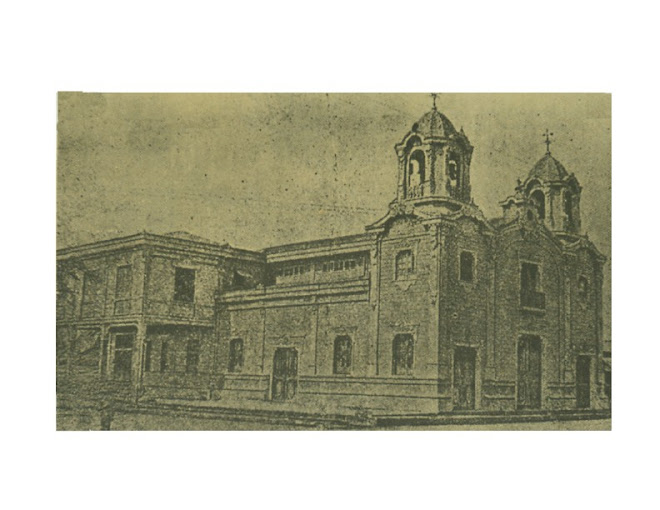
It’s a privilege
The gospel reading clearly illustrates the
never failing character of the mission of God.
It says that,
(1) regardless of the knowledge and working of the sower,
the seed “sprouts and grows” (v27) and;
(2) “all by itself the soil produces” (v28).
Apart from our participation therefore,
the mission of God will prevail. The harvest is certain!
The good news is that
- He gave us the opportunity and privilege to take part in His mission.
- Engaging in God’s mission therefore is something for us to be thankful for.
- For although He does not need us in order for his salvific plan
to succeed he still gave us the space to take part in His mission
and eventually become part of its victory.
Give our best
So now, we view our engagement in
God’s mission in a positive light.
In fact, a very positive light.
Since it is a chance given to us by God
in order that we may become part of His victory,
then we do not grumble.
We do not mind the hardships as we do mission,
instead we are overjoyed by the fact of this very
great opportunity God has granted us.
We see everything positively.
So our attitude should be that we give
our very best in this undertaking.
The best thing that we can do is to give our best.
Most of all let us give the best of our patience.
Since we engage in God’s mission and not our own,
the time component of this mission is not our lifetime.
This is not a fast paced movie that most of us would like to see.
Like the mustard seed, it begins almost unnoticed, irrelevant,
unpromising.
Our dilemma is that
(1) We live in a very fast world so “instant” is almost
a part of our daily life, our culture.
Instant coffee, instant results, instant make-over,
all instant.
(2) We always want something “big”.
Think big! Aim high! Etc.,
And so we want our mission to have fast results
and we do grand activities.
We forget that the kingdom of God
is like a mustard seed – very small.
If we must engage in advancing
the kingdom of God,
we must learn to do little things,
bible study, panon, family prayer, etc.
Entrust our work to God
As we engage in God’s mission,
we are confronted by the harsh realities of the world
that most of the time becomes like huge walls
that hinders us to pursue mission.
Inside and outside of ourselves there can be reasons
that discourage us from pursuing mission.
Even inside and outside the Church there can also be
hindrances to our commitment to do mission.
These realities can be very destructive to us if
we forget to entrust our work to God.
We personalize our work too much so that
we grab the mission from God,
who is the mission owner.
So when we fail, we hurt badly.
And when we succeed, we become foolishly boastful.
Remember, we become stakeholders of this mission
only at the discretion of God.
So we must serve at his pleasure.
And do our part and entrust to Him everything.
Why?
(1) Because the mission we engage in is God’s mission.
(2) Because our boss in this job is no other than God Himself!
(3) Because He is not just boss owner the mission and boss of our job but also our partner as we work!
We sow the seeds, God make them grow.
Let us do our best in sowing and
Entrust to God everything as we
Celebrate his great works of salvation
In many little ways in our daily lives. ###





















